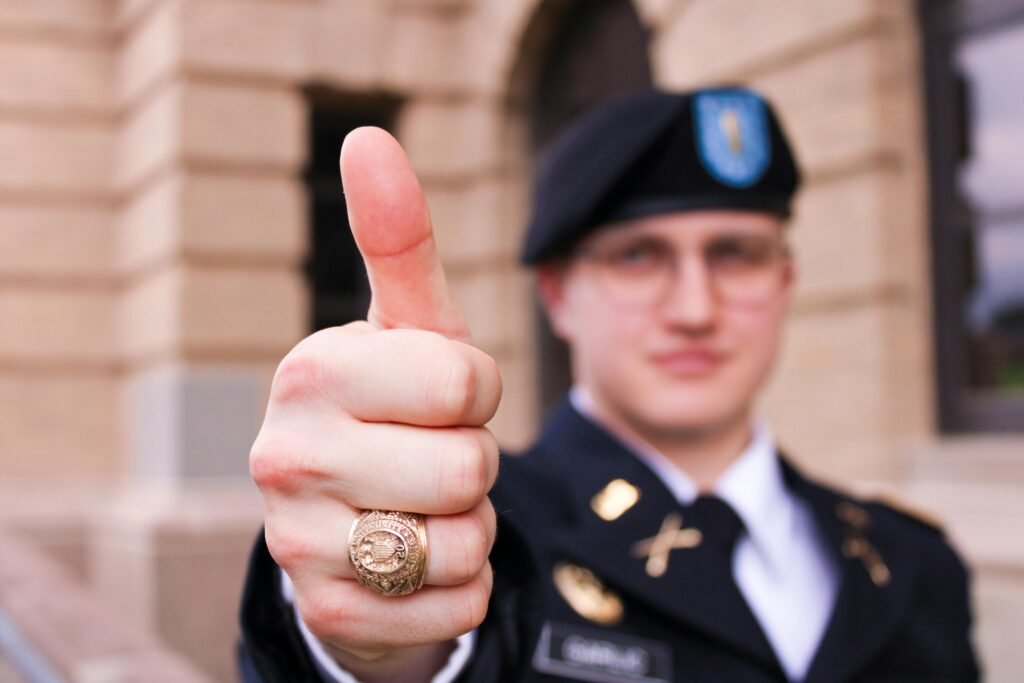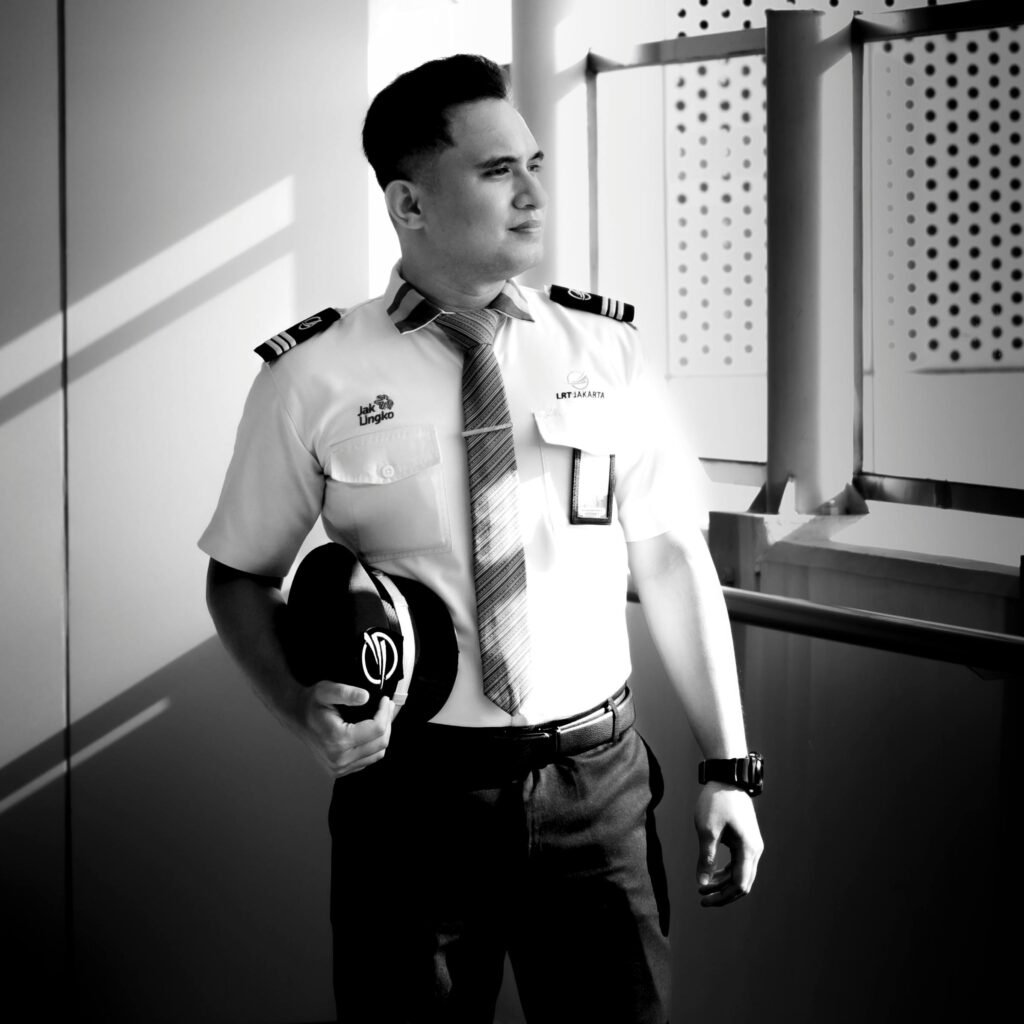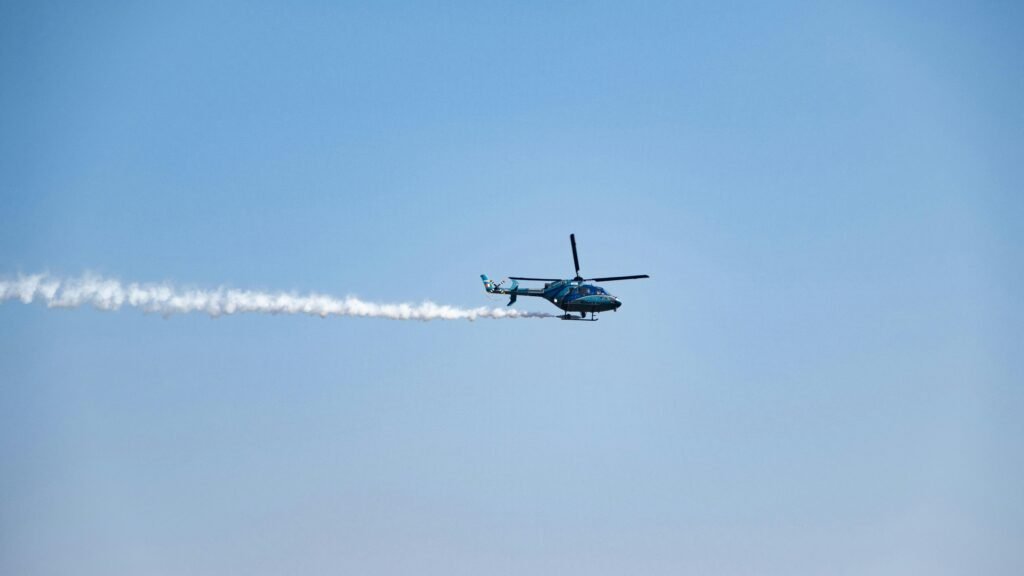🚁 Medical Requirements to Become a Helicopter Pilot: 7 Powerful Facts You Must Know
Flying a helicopter demands not just skill and courage — but also excellent health. If you’re wondering about the medical requirements to become a helicopter pilot, you’re in the right place!
At DreamSafar.in, we guide future aviators with expert insights. Here’s a full breakdown of the 7 powerful facts you must know about passing the essential health standards to chase your sky-high dreams!
🚁 1. You Must Pass a DGCA-Approved Medical Examination
Key Points:
-
Conducted by Directorate General of Civil Aviation (DGCA)-authorized medical examiners in India.
-
Includes basic physical checks, vision tests, hearing tests, cardiovascular assessments, and more.
-
Mandatory for both Student Pilot License (SPL-H) and full Commercial Pilot License (CPL-H).
💡 Only DGCA-certified medical reports are accepted for pilot licensing in India.
🚁 2. Class II Medical Certificate – For Student Pilot License (SPL)
Highlights:
-
Minimum requirement to begin your helicopter training journey.
-
Includes vision and color vision testing, basic physical examination, hearing tests, and blood work.
-
Valid for 2 years for pilots under 40 years of age.
💡 Start your journey by clearing your Class II medical — it’s your first step to the skies!
🚁 3. Class I Medical Certificate – For Commercial Pilot License (CPL)
Highlights:
-
Required before applying for a Commercial Helicopter Pilot License (CPL-H).
-
More stringent assessments including cardiovascular stress testing, lung function tests, ECG, and advanced vision tests.
-
Validity varies: 1 year for pilots under 60 years old, 6 months for pilots over 60.
💡 A strong heart, healthy lungs, and sharp senses are essential for commercial flying!
🚁 4. Vision Standards: Seeing the Skies Clearly
Requirements:
-
Distant Vision: 6/6 in each eye separately (with or without corrective lenses).
-
Near Vision: N5 (without glasses) or with correction.
-
Color Vision: Must pass the Ishihara Color Test (critical for reading cockpit displays and identifying signals).
💡 If you need glasses or lenses, don’t worry — corrected vision is perfectly acceptable!
🚁 5. Hearing and Speech Standards
Requirements:
-
Clear ability to hear a normal conversation from a distance of 2 meters.
-
No significant hearing loss accepted.
-
Clear speech and communication skills are critical, especially for radio communication during flights.
💡 Perfect communication can mean perfect coordination in high-stakes rescue or emergency flights!
🚁 6. Mental Health and Cognitive Fitness
Requirements:
-
Stable mental health: free from psychological disorders like depression, psychosis, bipolar disorder.
-
Cognitive functions such as memory, reaction time, and decision-making ability must be intact.
-
Any history of major psychiatric illness must be disclosed.
💡 Mental resilience is as important as physical fitness when you’re in the air!
🚁 7. Medical Renewal and Ongoing Health Monitoring
Details:
-
Helicopter pilots must undergo periodic medical renewals to maintain their licenses.
-
Class II Certificate renewal every 2 years; Class I Certificate renewal every 6 to 12 months, based on age.
-
Any medical issue arising during a pilot’s career must be promptly reported to DGCA.
💡 Good health isn’t just a requirement at the start — it’s a lifelong commitment for pilots!
📊 Quick Overview: Helicopter Pilot Medical Requirements
| Medical Certificate | When Needed | Validity |
|---|---|---|
| Class II Medical | Start training (SPL-H) | 2 years (under 40) |
| Class I Medical | Apply for CPL-H | 1 year (under 60) |
| Vision Standards | 6/6 corrected or uncorrected | Regular checks required |
| Hearing and Mental Health | Must meet strict standards | Periodic reassessments |
🔗 Useful Links
❓ FAQ – Medical Requirements to Become a Helicopter Pilot
Q1. Can I become a helicopter pilot if I wear glasses?
A: Yes! Corrected vision to 6/6 with glasses or lenses is acceptable under DGCA guidelines.
Q2. How often do helicopter pilots need medical renewals?
A: Every 2 years for Class II and every 6–12 months for Class I depending on age.
Q3. Are there any disqualifying health conditions?
A: Major cardiac issues, epilepsy, serious mental illnesses, and severe color blindness can disqualify candidates.
Q4. Can pilots continue flying after 60 years of age?
A: Yes, with more frequent medical assessments (every 6 months for Class I medicals).
Q5. Does DreamSafar.in provide pilot training?
A: DreamSafar.in specializes in luxury helicopter services, but we share expert aviation insights to inspire future pilots.
🏷️ Tags
Medical Requirements to Become a Helicopter Pilot, DreamSafar, Helicopter Pilot Medical Fitness, Aviation Health Standards India, Pilot Medical Exam DGCA, Helicopter Flying Career India, Health Requirements for Pilots
🚁 Ready to start your sky-high journey?
Get inspired with DreamSafar.in — your go-to guide for luxury helicopter experiences, aviation dreams, and expert flying knowledge!
📞 Contact us today or Explore Helicopter Adventures


